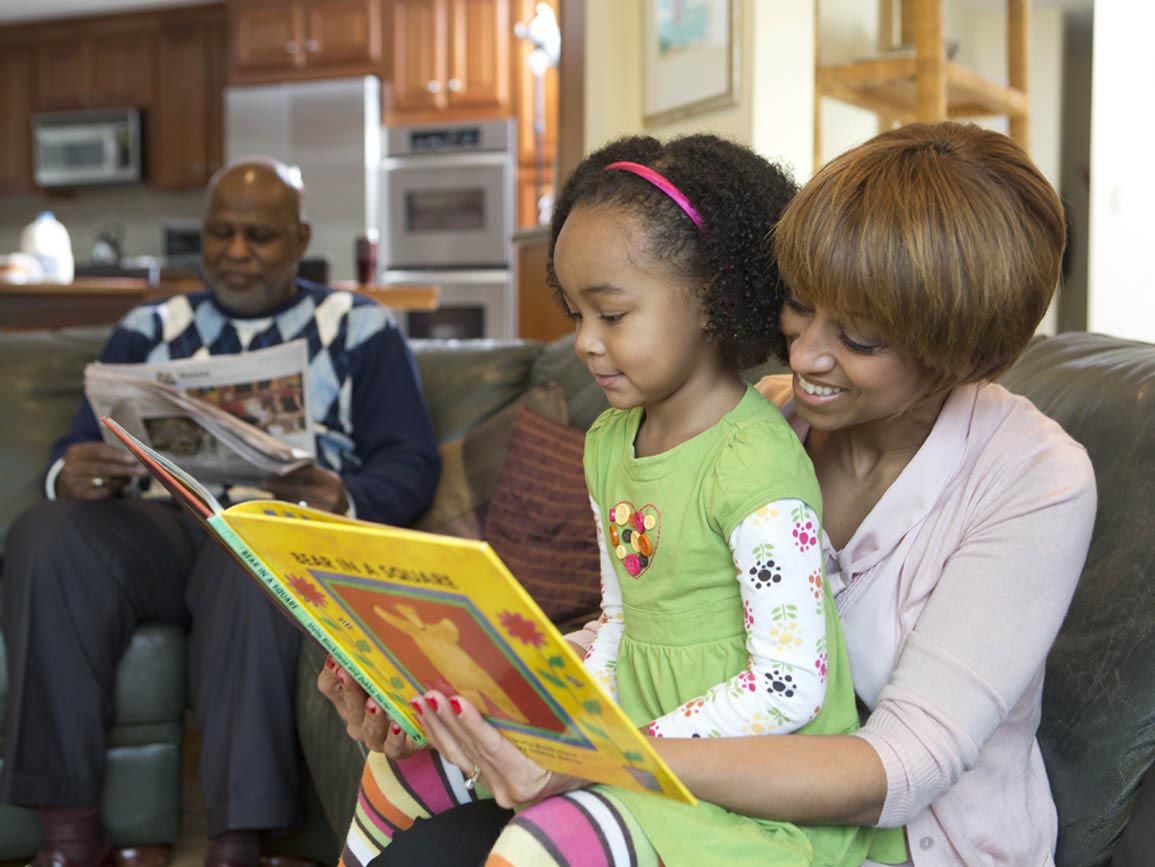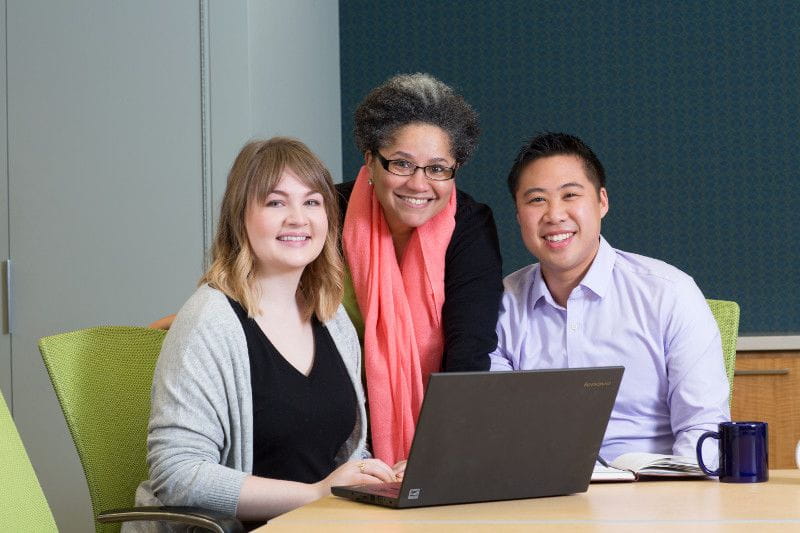Empathy, according to author and psychologist, Thom Markham, is more than merely liking someone or being kind because you’re a good person. Empathy is the ability to “understand and share another person’s experiences and emotions.” To be truly empathetic requires that we are clear about our own motives, fears, and desires, we have the resilience and courage to feel negative emotions — our own and someone else’s, and we have had enough honest, authentic experiences to be able to relate to others. One of the most important things parents can do for children is help them develop empathy.
The Case for Empathy as a 21st Century Skill
So what does empathy have to do with 21st century skills? Think about the work environment our children will inherit. As the world becomes smaller through technological advances, future workers will need a more varied and complex set of skills than ever before. Not only do they need to be tech savvy, but they must be able to think critically, collaborate effectively, and approach problems creatively.
Researchers now believe that empathy might be a critical key to unlocking these skills. Keep reading to learn the reasons empathy is an important skill for your child’s future success.
- Empathy is foundational for healthy social interactions. Social skills, broadly defined, is the set of skills that allows us to relate to and interact with others successfully. Many early childhood programs have developed social skills curriculum to explicitly teach such behaviors as introducing oneself, asking for a turn, sharing a toy, or giving a compliment. These learned behaviors are important, but they don’t replace empathy as the core of positive social relationships. Children also need early childhood experiences that weave social skills learning throughout the day in natural and authentic ways. They need interactions with nurturing and empathetic adults who listen to and value them.
- Empathy builds the openness necessary for collaboration with others from diverse backgrounds and experiences. Children must learn to share thoughts and ideas honestly and listen as others share theirs. This will help children learn to, later in life, accept and offer negative feedback and reach agreement through compromise and discussion. Empathy is the trait that allows us to listen and respond to others with openness, generosity, patience, and understanding—in other words, to collaborate effectively.
- Empathy nurtures the conditions necessary for creativity. Creativity isn’t something that can be summoned on command. Creativity emerges under conditions of openness, acceptance, and understanding. Being able to view oneself and others with empathy opens up space to be creative. When your child is expressing creativity, it means she feels safety in taking risks, trying new things, and even failing.
- Empathy encourages more rational, logical thought patterns. Numerous researchers have documented a link between your child’s social-emotional health and later academic and cognitive function, including executive function skills like memory and focus. According to neuroscience, when children are coming from a place of empathy, they’re more able to respond to life’s daily challenges and stresses with reason, clarity and purpose, according to UCLA neuropsychiatrist, Daniel Siegel, co-author of “The Whole-Brain Child.”
- Empathy allows for more effective and compassionate leadership. Empathy — and being able to “walk in another’s shoes” — allows true leadership skills to flourish. Whether now as part of a play group, or later in college and future work environments, being a good leader requires more than a charismatic personality or take-charge attitude —it requires understanding the needs of those they lead, and know how to help and inspire them.
It’s no wonder that researchers and psychologists are touting empathy as foundational for healthy huma development. Empathy is the unifying trait that moves us to create change and consider new perspectives.
Bright Horizons Parenting Webinar: Sparking Empathy in Your Child
How can you help your child develop into an empathetic person? The Bright Horizons Foundation for Children® discusses simple, everyday practices and activities that will spark empathy and encourage your child to be compassionate and caring.
More on Children and Empathy:
- Here are a few ideas to get you started on how to teach empathy to your children.
- Try these simple service projects for the whole family.
- Teach your child to embrace diversity and inclusion.





